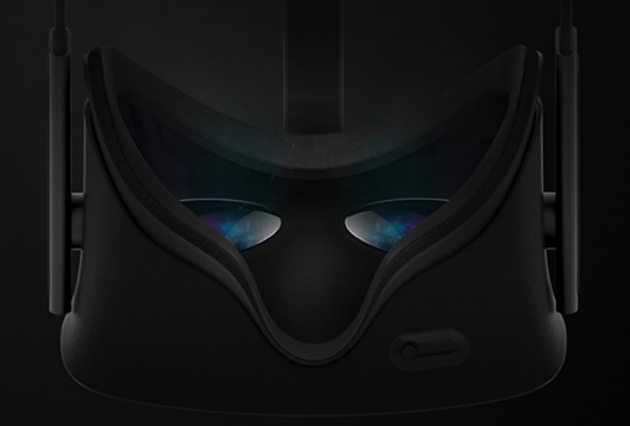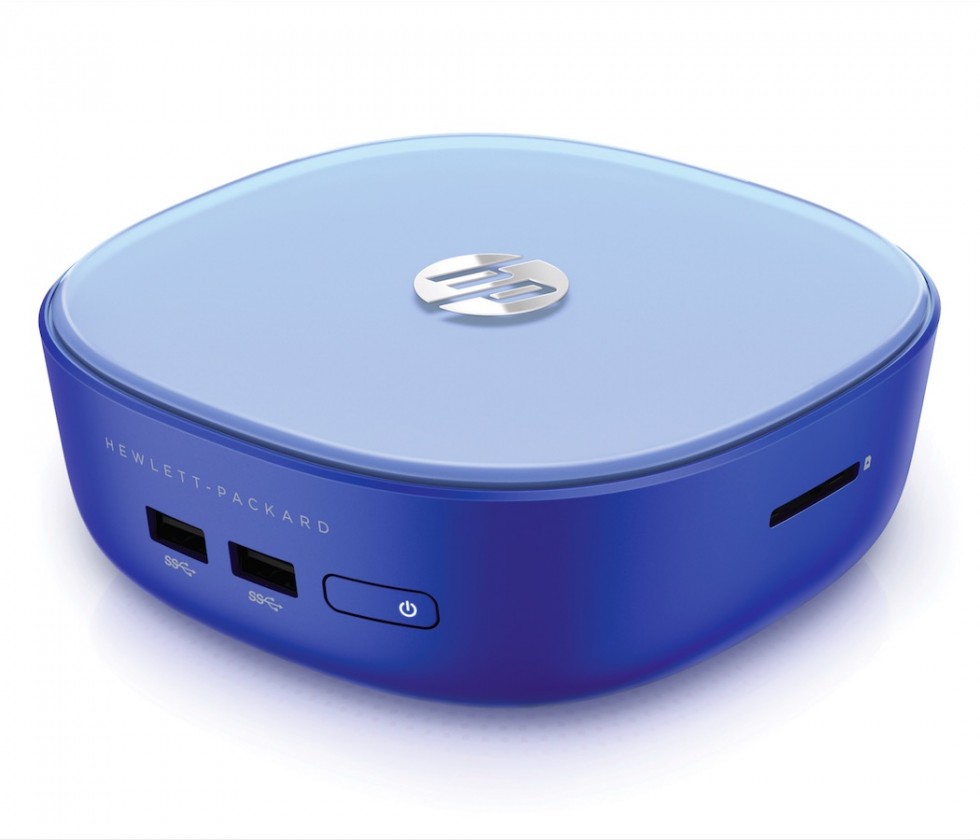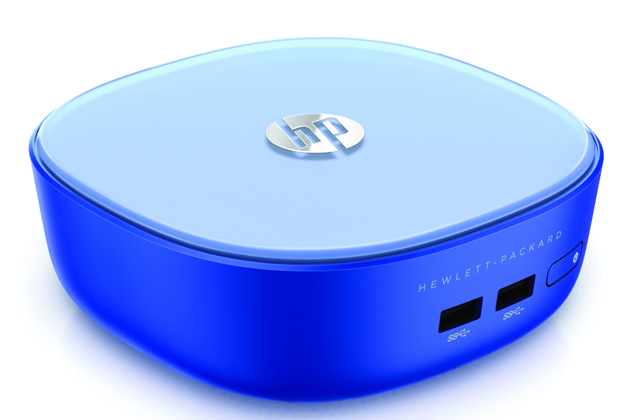
The Federal Communications Commission is about to make a big decision that wouldn't have been necessary if not for a lawsuit "won" by Verizon.
Verizon sued to block the FCC's 2010 net neutrality order, leading to a court ruling that threw out rules against blocking and discrimination. The court said the FCC erred by imposing per se common carrier rules—the kind of rules applied to the old telephone network—onto broadband without first classifying broadband providers as common carriers. Now, FCC Chairman Tom Wheeler is proposing to reclassify broadband as a common carriage service, an even worse outcome for Verizon and fellow ISPs.
Without mentioning its own role in bringing about this scenario, Verizon today criticized Wheeler's decision. Michael Glover, Verizon senior vice president and deputy general counsel, wrote today in the company's policy blog:
Read 2 remaining paragraphs | Comments
5 more images in gallery
If you've ever looked at something like the Asus Chromebox and wanted a Windows version of it, HP is here for you. It's following up its $199 Stream 11 laptop with the Stream MIni, a tiny $180 desktop that's 2.06 inches high and weighs 1.6 pounds.
As much as we like Intel's miniature NUC devices, they do have some failings for regular consumers. You have to bring your own Wi-Fi card, SSD, RAM, keyboard, and mouse, you have to assemble them yourselves, and they can be a little expensive for what you're getting after you put them together. The Stream Mini is a complete system with a 1.4GHz Haswell-based Celeron 2957U (which will be better for performance than the Stream 11's Bay Trail chip), 2GB of RAM, 32GB of solid state storage, a keyboard and mouse, and 200GB of OneDrive storage for two years. It has the same bright blue plastic as the Stream 11 and 13—as we've noted before, HP is doing a nice job of keeping its designs consistent across multiple product lines, which we appreciate.
If you want something a little more powerful, the Pavilion Mini is a white version of the same computer that comes with better specs. $320 will get you a 1.7GHz Pentium 3558U, 4GB of RAM, and a 500GB 7200RPM hard drive. $450 steps you up to a 1.9GHz Core i3-4025U and a 1TB 5400RPM hard drive. The Pavilion Mini can be opened and upgraded by end users—it supports a maximum of 8GB of RAM, and the standard hard drive can probably be replaced with an SSD if you'd like. It's not clear whether the Stream Mini features the same expandability.
Read 2 remaining paragraphs | Comments
Tensions between Google and Mississippi Attorney General Jim Hood exploded into public view this week, as Google filed court papers seeking to halt a broad subpoena Hood sent to it.
The Hood subpoena, delivered in late October, didn't come out of nowhere. Hood's investigation got revved up after at least a year of intense lobbying by the Motion Picture Association of America (MPAA). E-mails that hackers acquired from Sony Pictures executives and then dumped publicly now show the inner workings of how that lobbying advanced—and just how extensive it was. Attorneys at Sony were on a short list of top Hollywood lawyers frequently updated about the MPAA's "Attorney General Project," along with those at Disney, Warner Brothers, 21st Century Fox, NBC Universal, and Paramount.
The e-mails show a staggering level of access to, and influence over, elected officials. The MPAA's single-minded obsession: altering search results and other products (such as "autocompleted" search queries) from Google, a company the movie studios began referring to as "Goliath" in around February 2014. The studios' goal was to quickly get pirated content off the Web; unhappy about the state of Google's voluntary compliance with their demands and frustrated in their efforts at passing new federal law such as SOPA and PIPA, the MPAA has turned instead to state law enforcement.
Read 38 remaining paragraphs | Comments

 The retail version of the Oculus Rift finally has a confirmed release window of early 2016, meaning virtual reality fans have just less than a year to create their ideal gaming environments. A crucial part of any VR setup is the rig powering the head...
The retail version of the Oculus Rift finally has a confirmed release window of early 2016, meaning virtual reality fans have just less than a year to create their ideal gaming environments. A crucial part of any VR setup is the rig powering the head...
